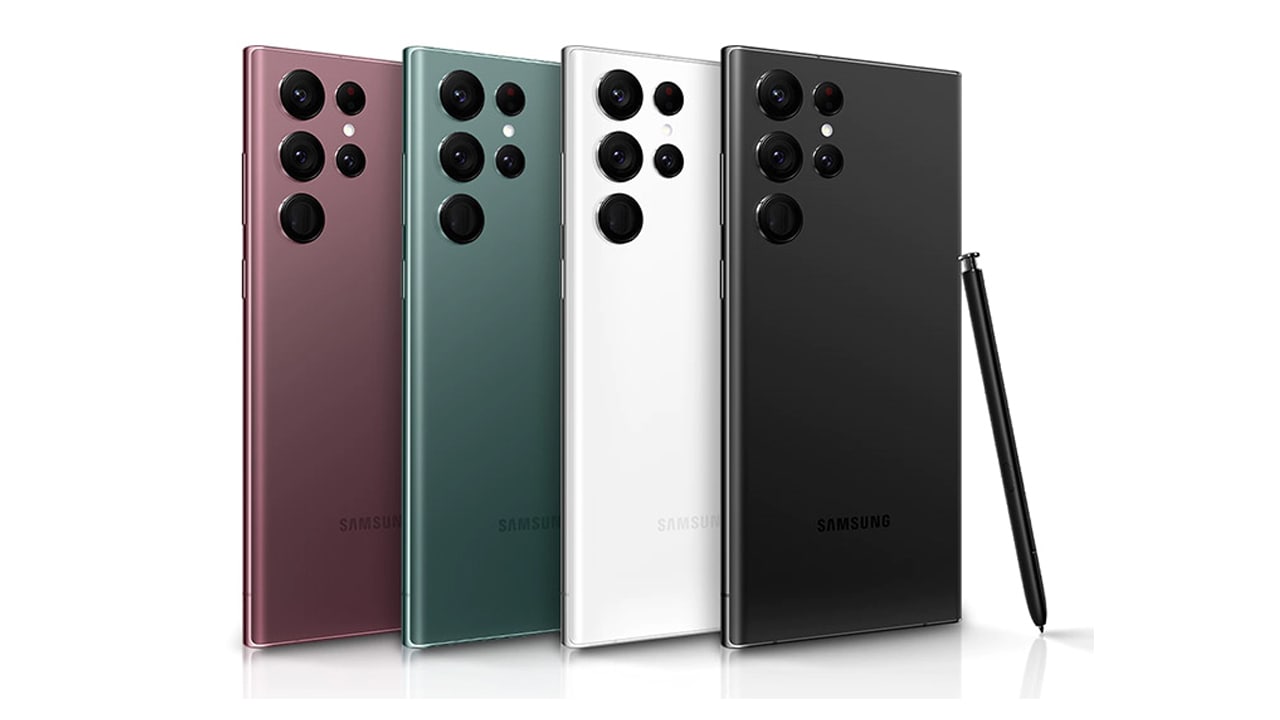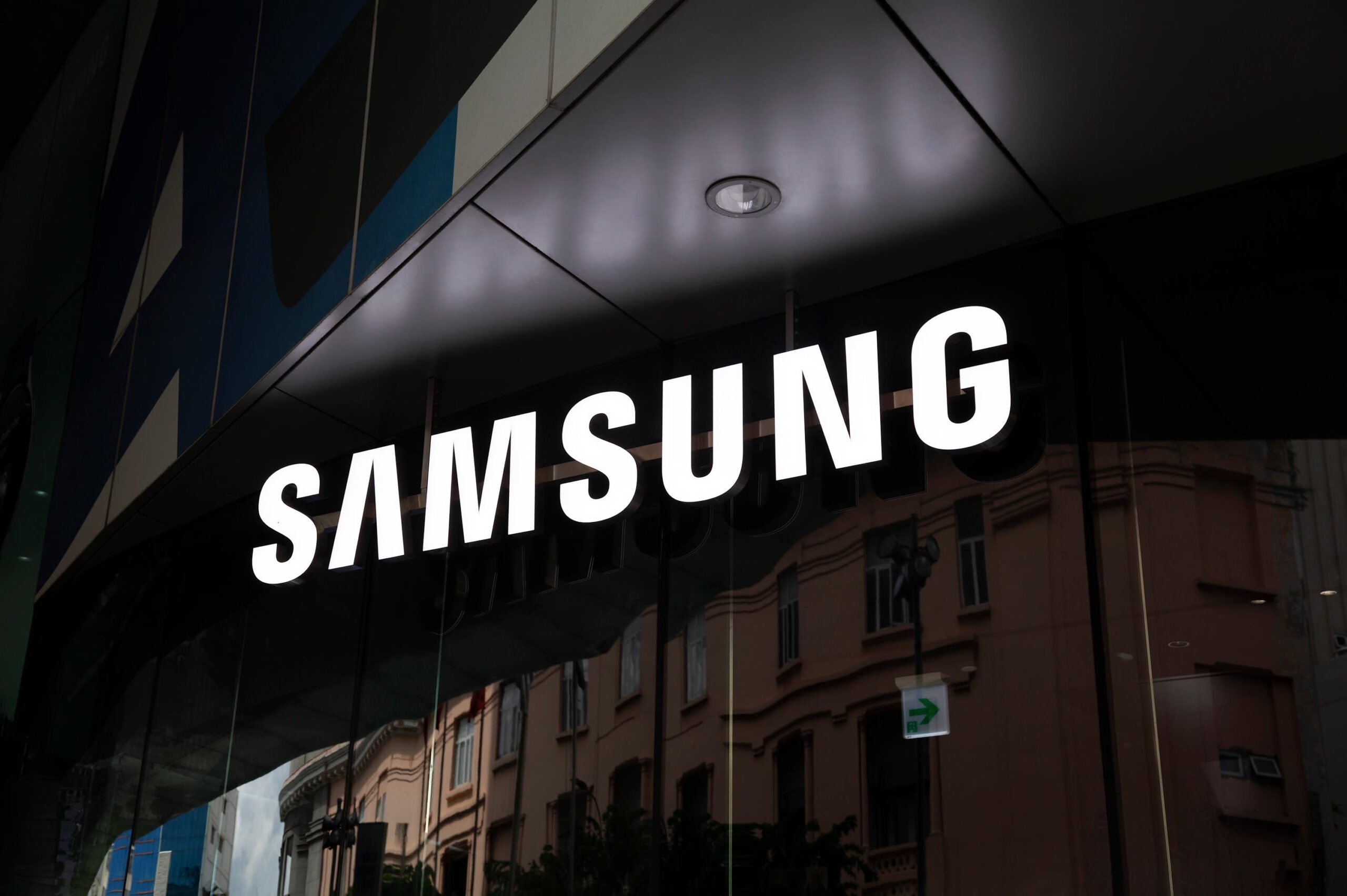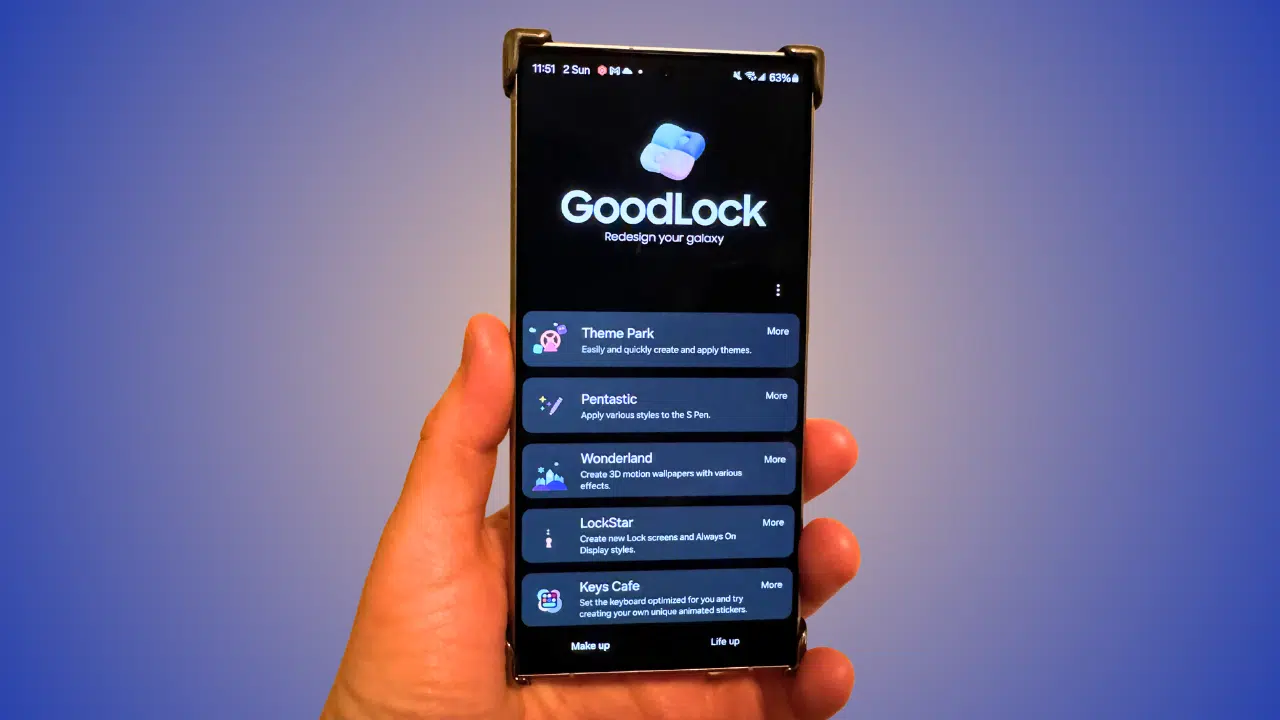According to the latest report, it was previously reported that the Samsung Galaxy S22 FE, which arrives this year, has two options. Initially, there will be Snapdragon and Dimensity versions.
Join tip3x on Telegram
This will make the smartphone more competitive in the market. However, revealer Yogesh Brar made it clear in his interactions with users that Samsung will still use its own Exynos chips or Qualcomm’s Snapdragon chips on high-end models.
Recently, chunvn8888 posted that although the Dimensity 9000 is stronger than the Exynos 2200 chip, Samsung will not use it in the Galaxy S22 FE at the moment. Subsequently, Yogesh Brar replied in the post that Samsung would not use MediaTek chips in the future. This means that the Galaxy S23 series will still use Exynos and Qualcomm’s Snapdragon chips.
Moreover, Samsung generally adopts a dual-chip strategy for high-end flagship products, usually using Qualcomm Snapdragon processors in the Asian market and its own Exynos chips in the European market.
 Recently, however, the Exynos chips have not been performing well on the Galaxy S22 series. Some users have reported that the Exynos 2200 version of the Galaxy S22 series has bugs such as stuttering and GPS glitches.
Recently, however, the Exynos chips have not been performing well on the Galaxy S22 series. Some users have reported that the Exynos 2200 version of the Galaxy S22 series has bugs such as stuttering and GPS glitches.
However, the Snapdragon 8 Gen 1 version of the Galaxy S22 series does not have these issues. The previous speculation said Samsung would drop its Exynos chips due to performance issues. However, considering the Galaxy S22 still uses an Exynos chip, that might not be true.
At present, Samsung has not disclosed relevant information. Recently, there have been reports that the Samsung Galaxy S22 FE will be more powerful than the Galaxy S22. This is due to reports that the Galaxy S22 FE will use the Dimensity 9000 SoC. However, according to the latest report, the FE model will not be more powerful than the Galaxy S22, usually at a discount.
The MediaTek Dimensity chip is usually found on Samsung’s budget models. Initial reports said that at least one smartphone powered by MediaTek’s latest 4nm chip will be part of this year’s Galaxy A series.












